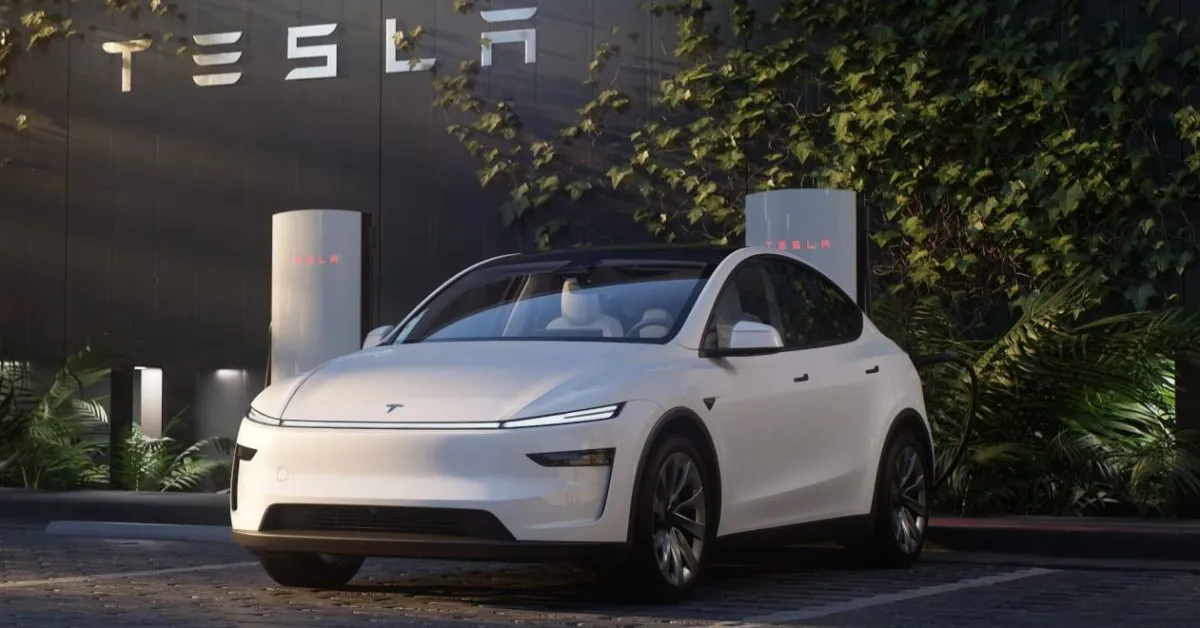
Tesla’s sales in Europe are experiencing a significant downturn, with a staggering 40% decline reported in July. This alarming trend comes at a time when the overall demand for electric vehicles (EVs) is on the rise. According to the latest figures released by the European Automobile Manufacturers Association (ACEA), battery-electric vehicle sales surged by 39.1%, outpacing the growth rates of internal combustion engine (ICE) vehicles.
In stark contrast to Tesla's struggles, BYD, a Chinese automaker, has seen an impressive growth rate of 225% in the same month. BYD sold 13,503 units in July, significantly outpacing Tesla, which managed to sell only 8,837 units. This remarkable achievement is notable, considering that BYD has only been selling passenger vehicles in Europe for less than three years. At this trajectory, BYD could potentially outstrip Tesla's sales in the European market for the entire year.
The situation raises critical questions regarding Tesla's strategy in a market that is pivotal for the future of electric vehicles. While the overall EV market thrives, Tesla's performance is cause for concern. With a 37% decline year-to-date in Europe, the American automaker appears to be facing a serious challenge. Despite the positive trends in battery-electric vehicle sales, Tesla's numbers indicate a worrying trend of sales freefall.
In light of these developments, Elon Musk, Tesla's CEO, has attributed the company's poor performance in Europe to broader market issues, suggesting that “everyone else is doing poorly in Europe.” He also speculated that the inability to launch the Full Self-Driving (FSD) system in the region is impacting demand. However, such claims appear to overlook the stark data presented by the ACEA, which contrasts sharply with Tesla's current sales figures.
The disparity between the growth of BEVs and the decline of Tesla's sales serves as a significant red flag for the automaker. As Electrek notes, the numbers are shocking, especially in such a crucial market for electric vehicles. The lack of proactive measures to address this downturn raises concerns about Tesla's future competitiveness in Europe. With competitors like BYD gaining traction, it is vital for Tesla to reassess its strategies and respond effectively to the evolving landscape of the European automotive market.
In conclusion, Tesla’s sales decline in Europe highlights a troubling trend that could have long-term implications for the company. As the demand for electric vehicles continues to rise, Tesla must address its sales challenges to maintain its position as a leader in the EV market.